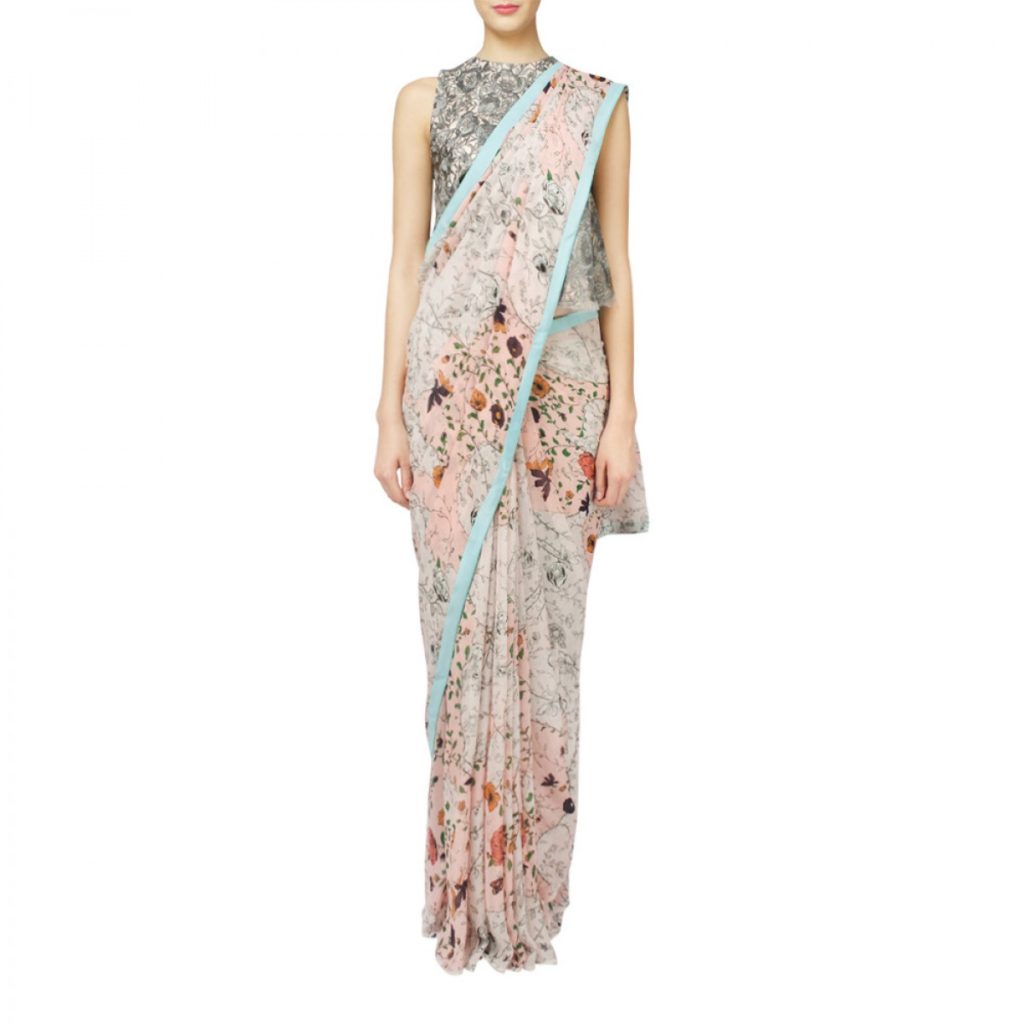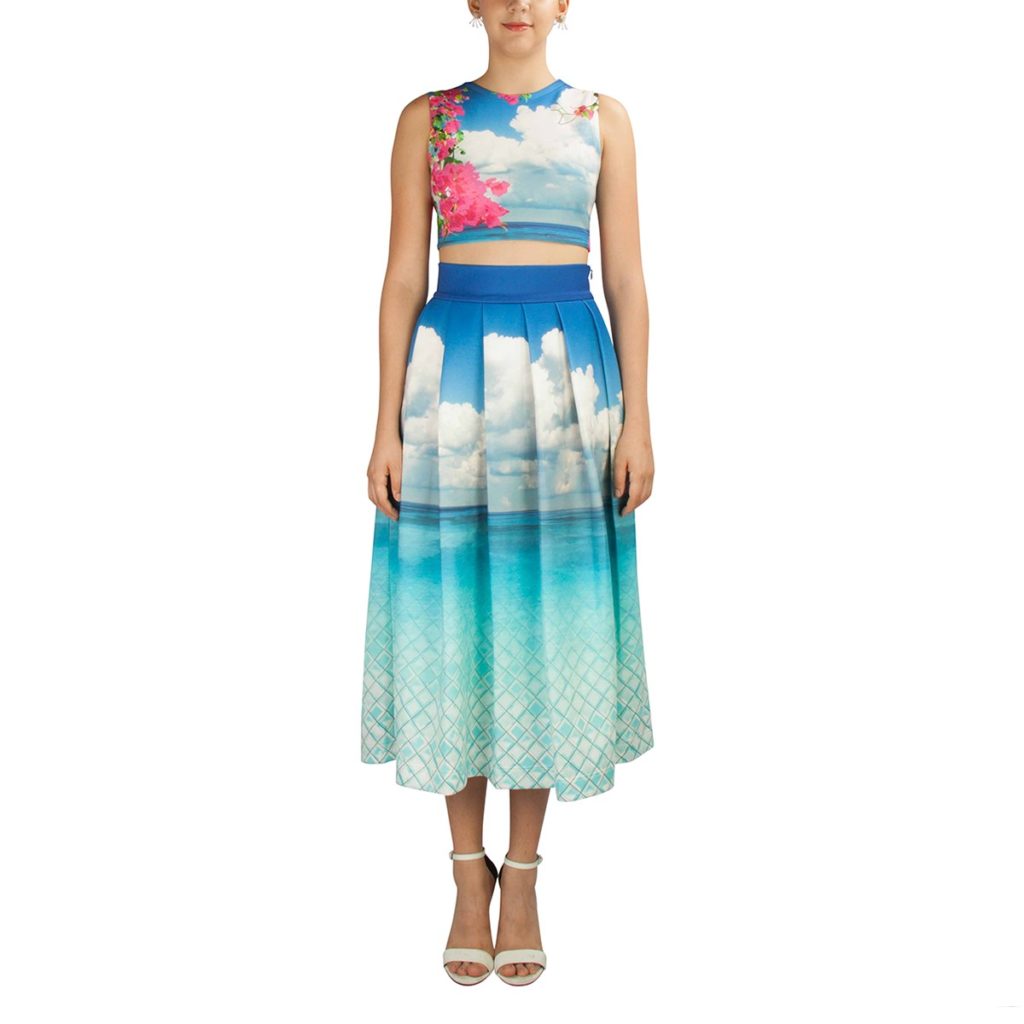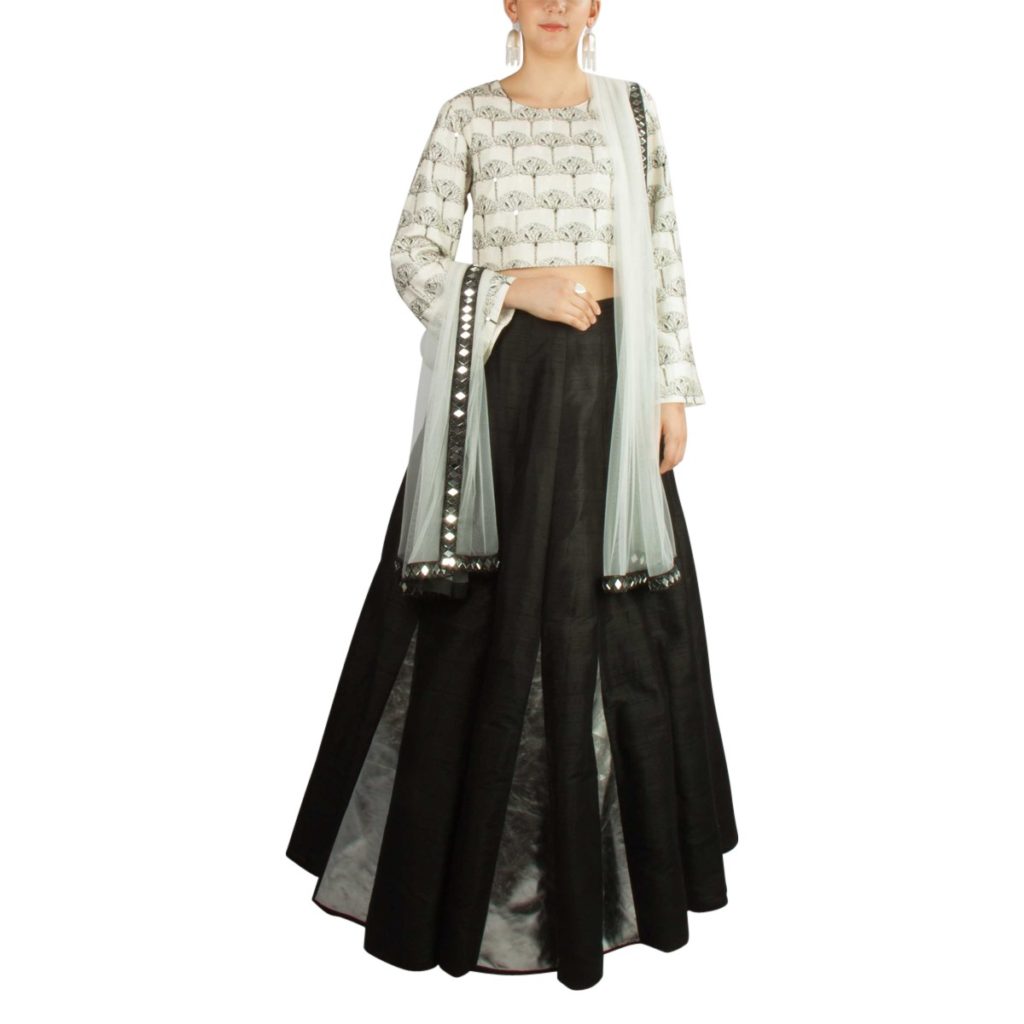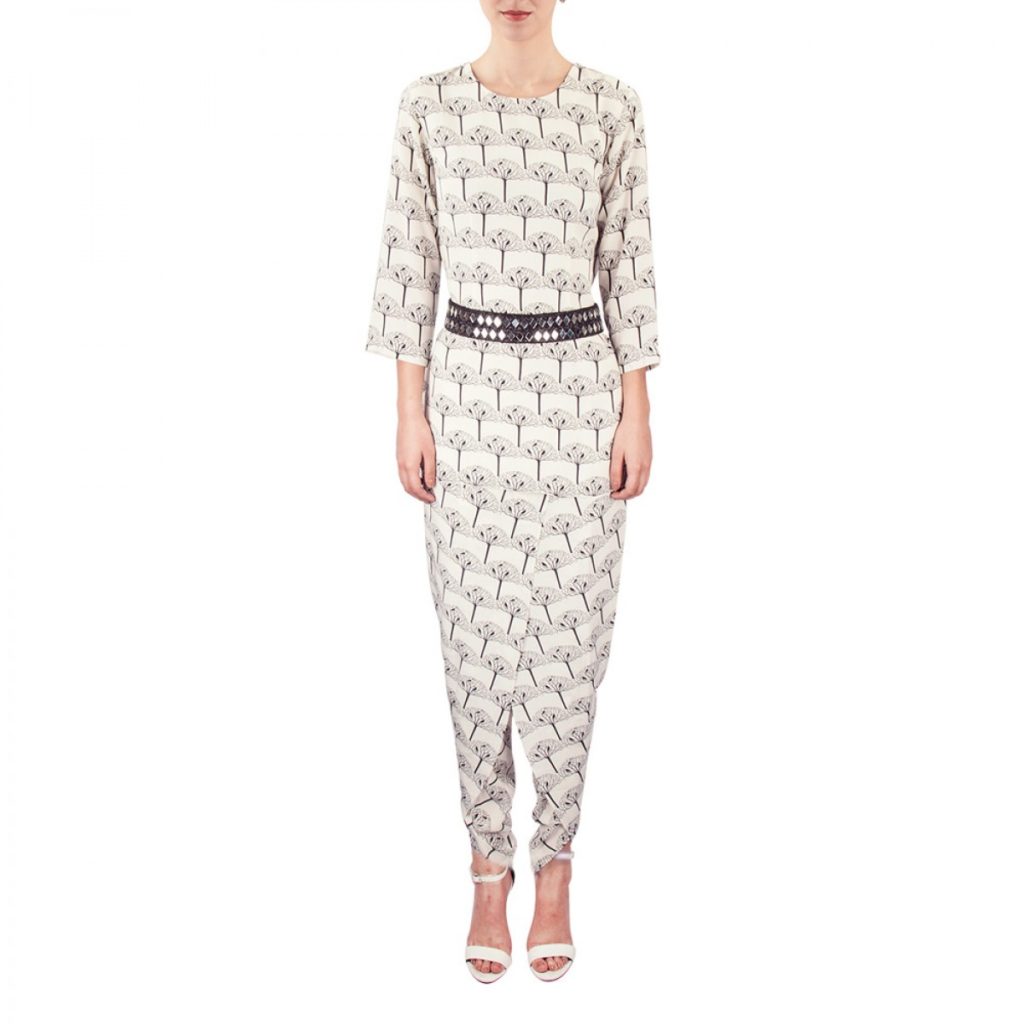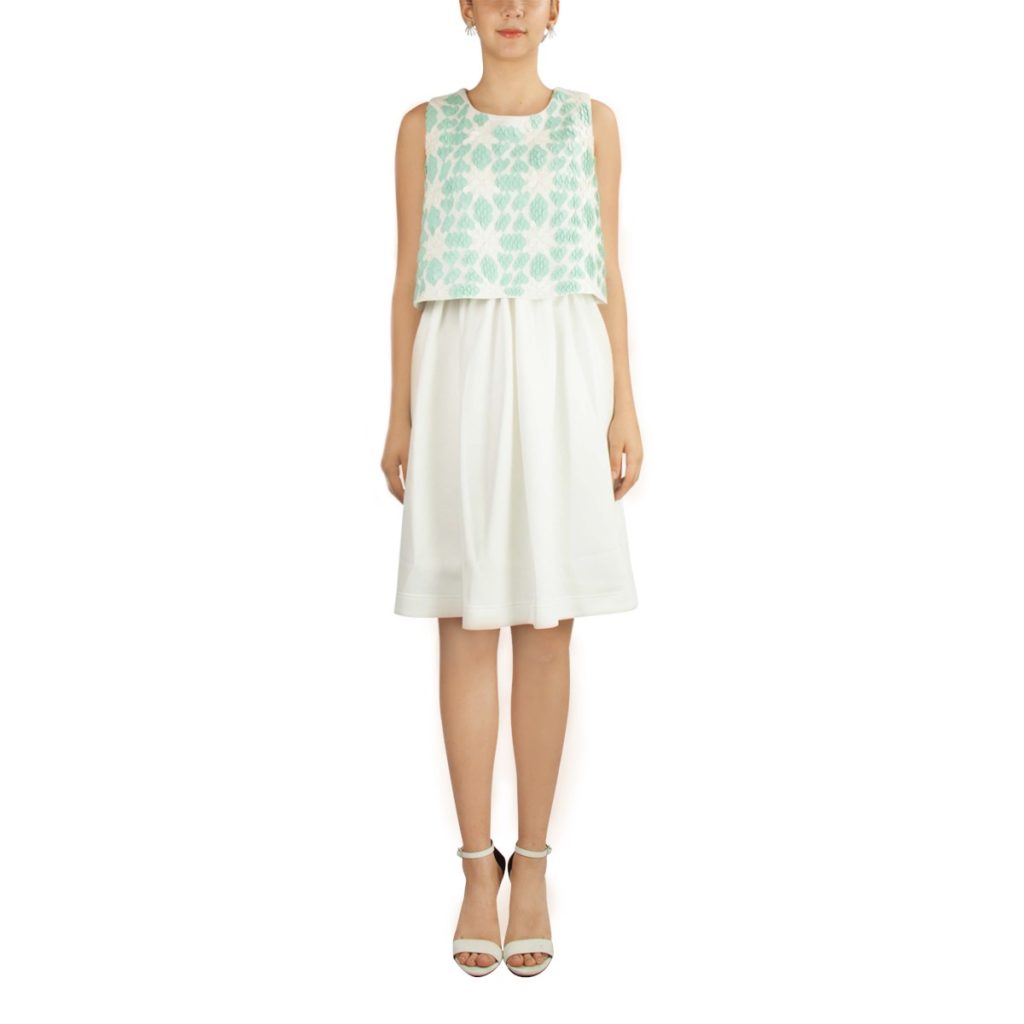The fact that the apparel retail industry is seeing tremendous growth is a fact that cannot be disputed. And at this juncture, the entry of Private labels is shaking things up in terms of capturing the customer’s attention as well as market share. For the uninitiated, private label products or services are those manufactured or provided by one company as an exclusive offering under its varied portfolio and only sold through the company’s stores – offline or online.
Options Galore
Roadster, DressBerry, Anouk, Mast & Harbour, Invictus, Yellow Kite, ETC, Wrogn, Kook N Keech, HRX by Hrithik Roshan and All About You, which is Deepika Padukone’s premium women’s line launched recently, Jabong launched an ethnic women’s wear collection designed exclusively for it by well-known designer Rohit Bal. Jabong.com’s Sangria, Lara Karen, Incult and Miss Bennett. Zivame, the online lingerie selling portal – Penny and Cou Cou. Yepme, Faballey and Zovi are vertical players as they make their own products. Well that reads like a long list but it is only a small indication of the fact that private labels are here to stay. AJIO has an exclusive in-house brand called AJIO. Currently the company offers clothing, footwear and accessories under the AJIO brand for women. Soon a full range for men and children will be added too. Incidentally, AJIO.com was started with a vision to create a consistent and differentiated experience for consumers. All the merchandise on AJIO.COM – including fashion from leading global and national brands – are curated, bang-on–trend and available at everyday good prices. However, the unique signature is built into the collections introduced under AJIO– the exclusive in-house brand. To make AJIO extra special, the company relentlessly maps consumer needs and trends to create world-class fashion brand that helps customers enhance their own innate sense of style. AJIO OWN was launched with traditional Indian Ethnic Wear and bang-on-global-trend Western Wear. The current collections are mapped into the wardrobes of women depending on their life-stage and lifestyle to offer a complete wardrobe solution. So, in addition to the popular casuals, jeans, party and occasion wear; they have also curated products as work-wear, maternity clothing, active-wear and special age-appropriate fashion for tweens.
Changing Dynamics
As per a study done by Pooja Dhaktod and Dr. Shiney Chib International Journal of Management and Commerce Innovations entitled “Private Labels: A Changing Perspective in Indian Retailing”, the power of private labels is being explored by most retailers today as they do not want to be at the mercy of the big manufacturers. Private Labels occupy a significant share of organized retail in Europe and United States and with the recent growth of organized retail in India, Private Labels are certainly picking up well. Online majors turn to in-house brands to push its growth at a time when they are under pressure to cut their cash burns and turn in profits. “They are seen as more affordable compared to branded apparel, private labels have helped in creating a loyal customer base. In-house brands offer retailers better margins as they are manufactured by them,” explains Karma Bhutia, Founder & CEO, iShippo. Sharad Thakur, CEO, American Swan adds, “private labels are likely to emerge as the next battlefront between e-retailers and manufacturers. The youth of today are quite picky about what they wear since it makes a statement about them. As a private label, we are focusing on building American Swan as an international online fashion & lifestyle brand that combines urban American lifestyle with a quintessential youth-oriented fashion. As a private label, we are actually able to build the brand and focus on delivering a smooth customer experience. We are able to build value for the brand by investing in a brand ambassador such as Siddharth Malhotra, we continuously work on refining our end-product, we are responsible about meeting customer promises, all of which is difficult for marketplaces to do.” In fact most private brands are endorsed by Bollywood celebrities which is being seen as a great way to boost the brand’s image. In fact several of the private brands take inputs of the design sensibilities of these celebrities to build a brand that resonates with the clients.
Doing The Math
Roadster, one of the top selling brands of Myntra is a private label that has clocked massive sales and is already a Rs. 320 crore brand and aims to reach Rs. 650 crore by the end of 2016. Its other lables like HRX, All About You and Dressberry are among highest selling private band after Roadster. Myntra, which was acquired by Flipkart last year, clocks over 700 crore sales from all of its private label products and claims to close the year at $550 million in gross merchandise value (GMV). In fact Myntra is expecting to rake in as much as Rs 2,000 crore from its private brands at the end of 2016, a timeline by when Myntra plans to hit $1 billion (Rs 6,500 crore) in GMV. Shoppers Stop currently garners over 17% from its leading private brands like Stop and Life and it aims to take the same to 20% by 2017. There are other players like DoneByNone, Koovs, Shopninteen and StyleTag that are working on private brands at affordable prices. Another aspect that works with private labels is that they usually do limited collections in small quantities. The margins in private label fashion can be up to 60%, while for branded apparel it can go up to 45%. The private label chain manages its manufacturing and logistics operations in-house to help control quality and achieve faster turnaround of clothing.
Making The Difference
A private label also works well for the fact that it gives the retailers a distinct differentiation in terms of offering a unique product. It also helps that the retailer has full control on design, pricing, merchandise assortment, stocking and distribution. the best part is that these have higher margins as well. Sana Rezwan Sait, Founder & Creative Director, Indelust explains, “Indelust works with several brands that create pieces exclusive to us. These styles are handpicked and exclusively made for the Indelust customer. We have exclusive items from Payal Singhal, Rahul Mishra, Pankaj & Nidhi, Rimzim Dadu, Bodice, Dev R Nil and more.” These brands were added to the Indelust portfolio after careful consideration and deliberation. “Our board goal is to work with brands that abide by our ‘Code of Ethics’ and this is true for all exclusive items as well as designs featured across our product array. Each of the brands has similar values as Indelust, to ensure the ethical manufacturing of goods from across the Indian subcontinent. Each of our partners focuses on slow fashion and the creation of unique, artisanal and handmade product which we can expose to a broad audience,” adds Sait. In fact most companies today are using private label brands to understand the customers better, especially those that have a loyal set of customers attached to them. By means of data mining retailers are in a better position to narrow down on merchandise and products that sell better than the others and also the trends that are in vogue. Amazon is all slated to jump on the bandwagon by launching its own fashion line soon.
In Conclusion
According to a Deloitte report titled, “2015-2016 Private Label Sourcing Survey Shifts in countries and capabilities” dated September 2015, “the retail landscape is evolving, dramatically, as technology enabled shoppers demand newer products, faster with increased visibility to how these products are sourced. Private Label—accounting for more than one in every $6 of spend in the United States represents a significant opportunity for retailers to drive margin, differentiate products, and serve consumers’ wide and changing tastes. Retailers looking to achieve results should continue to evaluate and grow their Private Label sourcing capabilities.” As per a study conducted by Google, by 2020, the online fashion retail market is expected to touch $35 billion, contributing to 35 per cent of the total online retail revenue of $100 billion generated in India. As e-commerce firms look to achieve profitable growth, the focus on high-margin private brands will continue to be a priority. And private labels are all set to take this to the next level.
All pics in the post are courtesy Indelust.com
This story appeared in the October 2016 issue on Apparel: Apparel – October 2016 – E-Space News – Rising Stars
